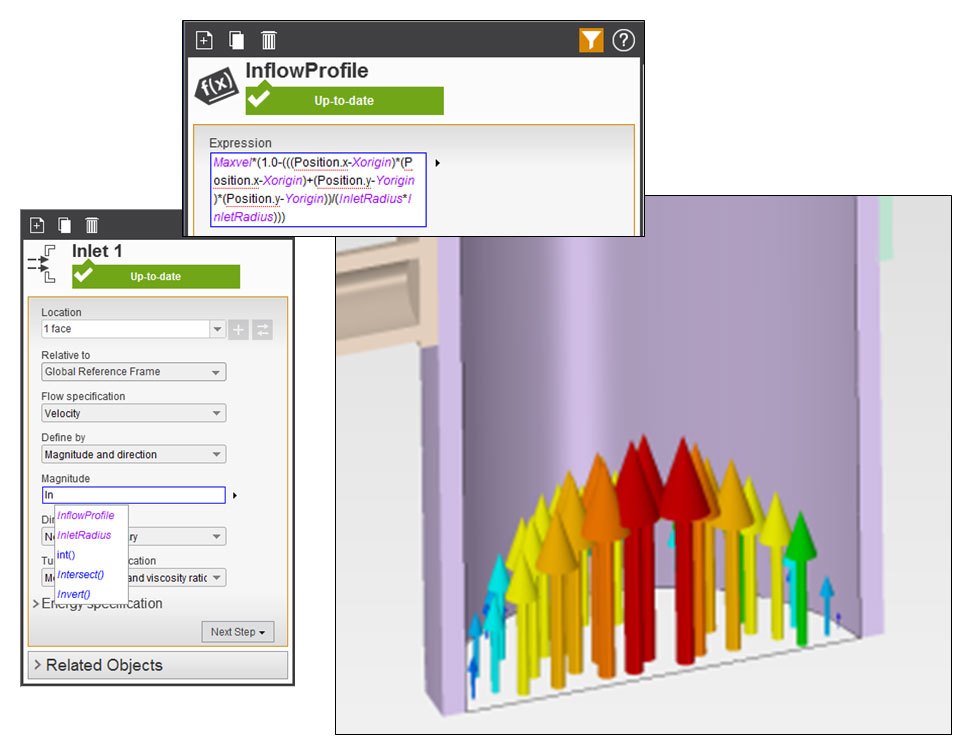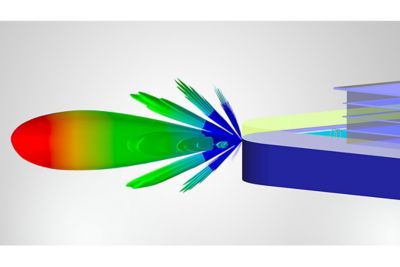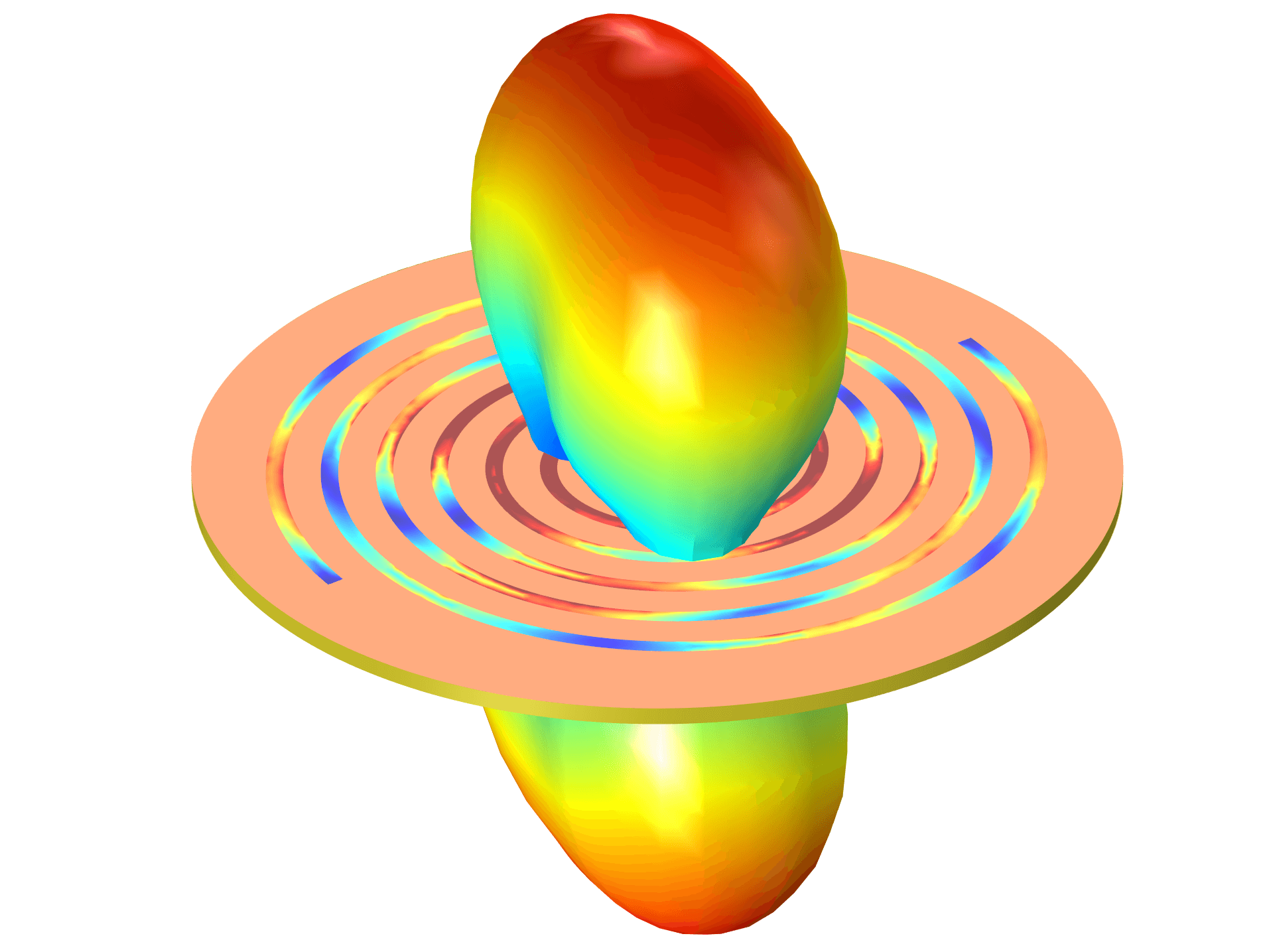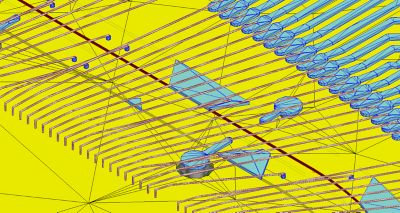Skip to end of metadataGo to start of metadata
Hfss For Mac Minecraft Plane Mods Download Coolpad C103 Stock Rom Modify Puzzle And Dragons Z Monster List Dinopark Tycoon Download Mac Microsoft 2016 Free Download Family Tree Builder Mac Free Download Dominions 4: Thrones Of Ascension Download For Mac Handsome Jack Doppelganger Pack Download For Mac. For Mac, For Mac Tekram Pci Scsi Host Adapter Dc-315 Series Card For Mac Version 18.2 of ANSYS HFSS supports the following platforms and operating systems: Windows 7 (64-bit Professional and Enterprise editions) Windows 8.1 Update 1 (64-bit Professional and Enterprise.
- For most Unix systems, you must download and compile the source code. The same source code archive can also be used to build the Windows and Mac versions, and is the starting point for ports to all other platforms.
- Download foobar2000 for Mac. This application is provided as-is. It is by no means complete, though most of the features implemented are known to work reasonably well.
- Later on we will start covering Mac OS X issues as well. So if your HFSS Software won’t start after installation. Then don’t worry because of HFSS Software errors and problems. So if you get any errors such as HFSS Software is crashed. Or you are getting HFSS Software has stopped working. Then your search is finally over.
As with many engineering softwares, ANSYS is not available for the Mac OSX platform. However, it is still possible to install ANSYS and your other engineering softwares on an Apple computer by first installing Windows on your Mac. Please follow this guide to learn how to install Windows and ANSYS on your Mac.
1. Buy and install Parallels Desktop 11 (~$80).
Students and teachers may be able to obtain a 50% discount here. Make sure to check the system requirements. Your computer needs at least 4GB of RAM to run Parallels Desktop but unless you want to run ANSYS version 14.5 or earlier, your computer needs at least 8GB of RAM to run ANSYS smoothly on the virtual machine. We also recommend that you have at least 20GB of free hard disk space.
While your Apple computer already has a software called BootCamp to install Windows on your Mac, it requires the user to reboot each time he or she wants to switch operating systems. The user also has to play with disk partitioning which makes the setup more complicated. We highly recommend using Parallels Desktop for its ease of use and flexibility. This software allows the user to run Mac OSX and Windows side by side and it does not require hard drive partitioning. Windows simply acts as an application that you can run or close as you wish. All the Windows files are contained in one master file (a .pvm file) that you can move wherever you want, even on an external hard rive.
2. Get yourself a copy of Windows 7, 8 or 10 with 64-bit (X64) from an installation CD or ISO file.
Windows 10 Home is available on the Microsoft Store for $120. Students and teachers may be able to obtain a FREE or severely discounted copy of Windows 10 here. It is accessible as an ISO file to download. IMPORTANT: Make sure it is the 64-bit version (X64).
3. Run Parallels Desktop 11 and follow the on-screen instructions to install Windows.
If you downloaded Windows as an ISO file, you will simply be asked to drag and drop the ISO file in the box to proceed with the installation process. If you have the Windows installation CD, then simply insert it in the drive when prompted. We suggest that you choose to use Windows for 'Productivity'. Feel free to follow this excellent installation guide if you need.
Required Configurations
To access the configuration settings of the virtual machine, please see this guide. Note that the virtual machine must be shut down prior to making changes to these settings. Here are some settings modifications that MUST be implemented for ANSYS to work properly with Parallels Desktop.
- Memory allocation
- Go in the 'Hardware' tab and select 'CPU & Memory'.
- Set the memory allocated to Parallels Desktop to be at least 2112 MB. This is because ANSYS 16.0 and later needs this amount of RAM to run the solver. We also highly recommend that the amount of memory you set lies in the green 'recommended' range (too much memory allocated to Parallels Desktop will slow down your mac). This will only happen if your computer has at least 8GB of RAM, hence why we recommend to have at least this amount.
(Since this computer only has 4GB of RAM, it runs very poorly while in the yellow range)
- Folder Sharing
- Go to Options>Sharing
- Unselect 'Share Mac user folders with Windows'
Recommended Configurations
Hfss Download For Mac Pro
We also recommend the following settings for ease of use and optimal performance.
- Go in the Options tab
- Select 'Optimization'
- Make sure your settings are set this way.
- Make sure your settings are set this way.
- Select 'Sharing'
- Have the settings set like so.
- This will effectively keep Windows separate from the Mac. It makes using Parallels more intuitive and simple.
- Have the settings set like so.
- Select 'Applications'
- Disable the sharing so that it looks like this.
- Disable the sharing so that it looks like this.
- Select 'Optimization'
- Go in the 'Hardware' tab and select 'CPU & Memory'.
- Try setting the number of CPUs (cores) to 2. Test whether the performances of Windows are better, and if the Mac still runs smoothly. The odds are that it will and than ANSYS will compute faster. This is the default setting in Parallels 10.

4. Obtain and install ANSYS 17.0.
ANSYS now offers a student version of their software for FREE. The functionalities are more or less the same as in the full version except that structural problems are restricted to 32,000 nodes and fluid problems are restricted to 512,000 nodes. This is more than enough for what a typical student will need.
Firewall notifications
On your first few uses of ANSYS, Firewall notifications should pop up. Make sure to allow all ANSYS programs to run normally (i.e do not let the Firewall block ANSYS programs). You can verify the allowed program list by going into Start>Control Panel>System & Security>Allow a program through Windows Firewall.

Please contact Sebastien at sfl32@cornell.edu if you have any questions regarding this installation guide.


This directory contains binaries for a base distribution and packages to run on macOS. Releases for old Mac OS X systems (through Mac OS X 10.5) and PowerPC Macs can be found in the old directory.
Note: Although we take precautions when assembling binaries, please use the normal precautions with downloaded executables.
Package binaries for R versions older than 3.2.0 are only available from the CRAN archive so users of such versions should adjust the CRAN mirror setting (https://cran-archive.r-project.org) accordingly.
R 4.1.1 'Kick Things' released on 2021/08/10
Please check the SHA1 checksum of the downloaded image to ensure that it has not been tampered with or corrupted during the mirroring process. For example type
openssl sha1 R-4.1.1.pkg
in the Terminal application to print the SHA1 checksum for the R-4.1.1.pkg image. On Mac OS X 10.7 and later you can also validate the signature using
pkgutil --check-signature R-4.1.1.pkg
Latest release:
| R-4.1.1.pkg (notarized and signed) SHA1-hash: d0eed7d0755bc80911acb616508d41e1396f810e (ca. 86MB) | R 4.1.1 binary for macOS 10.13 (High Sierra) and higher, Intel 64-bit build, signed and notarized package. Contains R 4.1.1 framework, R.app GUI 1.77 in 64-bit for Intel Macs, Tcl/Tk 8.6.6 X11 libraries and Texinfo 6.7. The latter two components are optional and can be ommitted when choosing 'custom install', they are only needed if you want to use the tcltk R package or build package documentation from sources. Note: the use of X11 (including tcltk) requires XQuartz to be installed since it is no longer part of OS X. Always re-install XQuartz when upgrading your macOS to a new major version. This release supports Intel Macs, but it is also known to work using Rosetta2 on M1-based Macs. For native Apple silicon arm64 binary see below. Important: this release uses Xcode 12.4 and GNU Fortran 8.2. If you wish to compile R packages from sources, you may need to download GNU Fortran 8.2 - see the tools directory. |
| R-4.1.1-arm64.pkg (notarized and signed) SHA1-hash: 8c15b2fc0dae4f824762a8b19fd4b2ed19315289 (ca. 87MB) | R 4.1.1 binary for macOS 11 (Big Sur) and higher, Apple silicon arm64 build, signed and notarized package. Contains R 4.1.1 framework, R.app GUI 1.77 for Apple silicon Macs (M1 and higher), Tcl/Tk 8.6.11 X11 libraries and Texinfo 6.7. Important: this version does NOT work on older Intel-based Macs. Note: the use of X11 (including tcltk) requires XQuartz. Always re-install XQuartz when upgrading your macOS to a new major version. This release uses Xcode 12.4 and experimental GNU Fortran 11 arm64 fork. If you wish to compile R packages from sources, you may need to download GNU Fortran for arm64 from https://mac.R-project.org/libs-arm64. Any external libraries and tools are expected to live in /opt/R/arm64 to not conflict with Intel-based software and this build will not use /usr/local to avoid such conflicts. |
| NEWS (for Mac GUI) | News features and changes in the R.app Mac GUI |
| Mac-GUI-1.76.tar.gz SHA1-hash: 304980f3dab7a111534daead997b8df594c60131 | Sources for the R.app GUI 1.76 for macOS. This file is only needed if you want to join the development of the GUI (see also Mac-GUI repository), it is not intended for regular users. Read the INSTALL file for further instructions. |
Note: Previous R versions for El Capitan can be found in the el-capitan/base directory.Binaries for legacy OS X systems: | |
| R-3.6.3.nn.pkg (signed) SHA1-hash: c462c9b1f9b45d778f05b8d9aa25a9123b3557c4 (ca. 77MB) | R 3.6.3 binary for OS X 10.11 (El Capitan) and higher, signed package. Contains R 3.6.3 framework, R.app GUI 1.70 in 64-bit for Intel Macs, Tcl/Tk 8.6.6 X11 libraries and Texinfo 5.2. The latter two components are optional and can be ommitted when choosing 'custom install', they are only needed if you want to use the tcltk R package or build package documentation from sources. |
| R-3.3.3.pkg MD5-hash: 893ba010f303e666e19f86e4800f1fbf SHA1-hash: 5ae71b000b15805f95f38c08c45972d51ce3d027 (ca. 71MB) | R 3.3.3 binary for Mac OS X 10.9 (Mavericks) and higher, signed package. Contains R 3.3.3 framework, R.app GUI 1.69 in 64-bit for Intel Macs, Tcl/Tk 8.6.0 X11 libraries and Texinfo 5.2. The latter two components are optional and can be ommitted when choosing 'custom install', it is only needed if you want to use the tcltk R package or build package documentation from sources. Note: the use of X11 (including tcltk) requires XQuartz to be installed since it is no longer part of OS X. Always re-install XQuartz when upgrading your OS X to a new major version. |
| R-3.2.1-snowleopard.pkg MD5-hash: 58fe9d01314d9cb75ff80ccfb914fd65 SHA1-hash: be6e91db12bac22a324f0cb51c7efa9063ece0d0 (ca. 68MB) | R 3.2.1 legacy binary for Mac OS X 10.6 (Snow Leopard) - 10.8 (Mountain Lion), signed package. Contains R 3.2.1 framework, R.app GUI 1.66 in 64-bit for Intel Macs. This package contains the R framework, 64-bit GUI (R.app), Tcl/Tk 8.6.0 X11 libraries and Texinfop 5.2. GNU Fortran is NOT included (needed if you want to compile packages from sources that contain FORTRAN code) please see the tools directory. NOTE: the binary support for OS X before Mavericks is being phased out, we do not expect further releases! |
Games Download For Mac
The new R.app Cocoa GUI has been written by Simon Urbanek and Stefano Iacus with contributions from many developers and translators world-wide, see 'About R' in the GUI.Subdirectories:
| tools | Additional tools necessary for building R for Mac OS X: Universal GNU Fortran compiler for Mac OS X (see R for Mac tools page for details). |
| base | Binaries of R builds for macOS 10.13 or higher (High Sierra), Intel build |
| contrib | Binaries of package builds for macOS 10.13 or higher (High Sierra), Intel build |
| big-sur-arm64 | Binaries for macOS 11 or higher (Big Sur) for arm64-based Macs (aka Apple silicon such as the M1 chip) |
| el-capitan | Binaries of package builds for OS X 10.11 or higher (El Capitan build) |
| mavericks | Binaries of package builds for Mac OS X 10.9 or higher (Mavericks build) |
| old | Previously released R versions for Mac OS X |
You may also want to read the R FAQ and R for Mac OS X FAQ. For discussion of Mac-related topics and reporting Mac-specific bugs, please use the R-SIG-Mac mailing list.
Information, tools and most recent daily builds of the R GUI, R-patched and R-devel can be found at http://mac.R-project.org/. Please visit that page especially during beta stages to help us test the macOS binaries before final release!
Free Downloads For Mac
Package maintainers should visit CRAN check summary page to see whether their package is compatible with the current build of R for macOS.
Binary libraries for dependencies not present here are available from http://mac.R-project.org/libs and corresponding sources at http://mac.R-project.org/src.
Hfss Download For Mac Download
Last modified: 2021/05/20, by Simon Urbanek